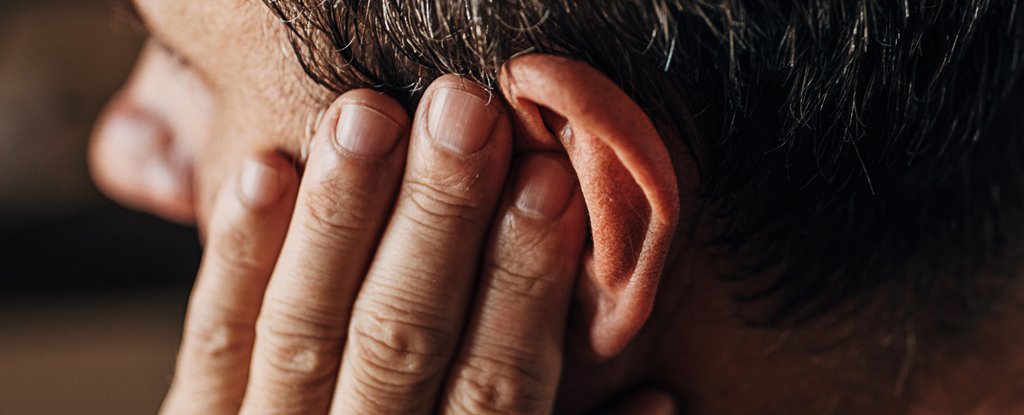
OXFORD, UK – Around 15 percent of the global population suffers from tinnitus, a condition characterized by hearing sounds such as ringing or buzzing without any external source. While often linked to hearing loss, tinnitus can significantly impact mental health, leading to stress and depression, especially for those enduring it for extended periods.
Immediate Impact on Mental Health
The absence of a cure for tinnitus makes the search for effective management or treatment methods crucial for millions of sufferers worldwide. One promising area of research that might unlock new treatment possibilities is the study of sleep and its relationship to tinnitus.
Key Details Emerge: The Role of Sleep
Tinnitus is a phantom percept, where brain activity leads to perceiving non-existent sounds. Most people experience such phantom perceptions only while asleep, but tinnitus sufferers endure these sounds while awake. This phenomenon raises questions about the brain’s activity and its possible alterations in those with tinnitus.
15% of the world’s population is affected by tinnitus.
Recent research suggests that the brain mechanisms underlying both tinnitus and sleep could be interconnected. Understanding these connections may help develop strategies for managing and potentially treating tinnitus.
By the Numbers: Sleep and Brain Activity
Sleep, particularly slow-wave sleep (deep sleep), is essential for brain recovery and memory consolidation. During slow-wave sleep, brain activity forms distinctive waves that activate large brain areas, including those involved in memory and sound processing.
However, in sleep disorders like sleepwalking, certain brain areas remain overactive during slow-wave sleep. A similar pattern might occur in tinnitus patients, where hyperactive brain regions disrupt sleep, leading to light and interrupted rest.
Tinnitus patients often experience disturbed sleep and night terrors more frequently.
Expert Analysis: Potential for Treatment
According to Linus Milinski, a doctoral researcher in neuroscience at the University of Oxford, manipulating sleep patterns could enhance patient well-being and lead to new tinnitus treatments. Sleep restriction paradigms, where patients go to bed only when tired, might boost slow-wave activity and offer insights into the brain’s role in tinnitus.
While deep sleep appears most influential on tinnitus, other sleep stages like REM sleep, with unique brain activity patterns, also warrant investigation. Tracking brain activity during sleep stages could further elucidate the tinnitus-sleep link and inform treatment strategies.
Background Context: Understanding Tinnitus
Tinnitus intensity can fluctuate throughout the day, suggesting that sleep-related brain activity may influence these changes. Research indicates that deep sleep might suppress tinnitus due to increased slow-wave activity, which interferes with hyperactive brain regions, allowing for deeper, uninterrupted sleep.
Deep sleep’s slow-wave activity may suppress tinnitus by interfering with brain region communication.
What Comes Next: Future Research Directions
Further studies should focus on tracking both sleep stages and tinnitus-related brain activity. Such research could reveal more about how natural brain activity during sleep affects tinnitus, potentially leading to innovative treatments.
The research team, including Fernando Nodal, Victoria Bajo Lorenzana, and Vladyslav Vyazovskiy from the University of Oxford, emphasizes the potential of sleep manipulation in improving tinnitus management. As research continues, the hope is to alleviate the burden of tinnitus for millions worldwide.
This article is republished from The Conversation under a Creative Commons license. Read the original article. An earlier version of this article was published in May 2022.






